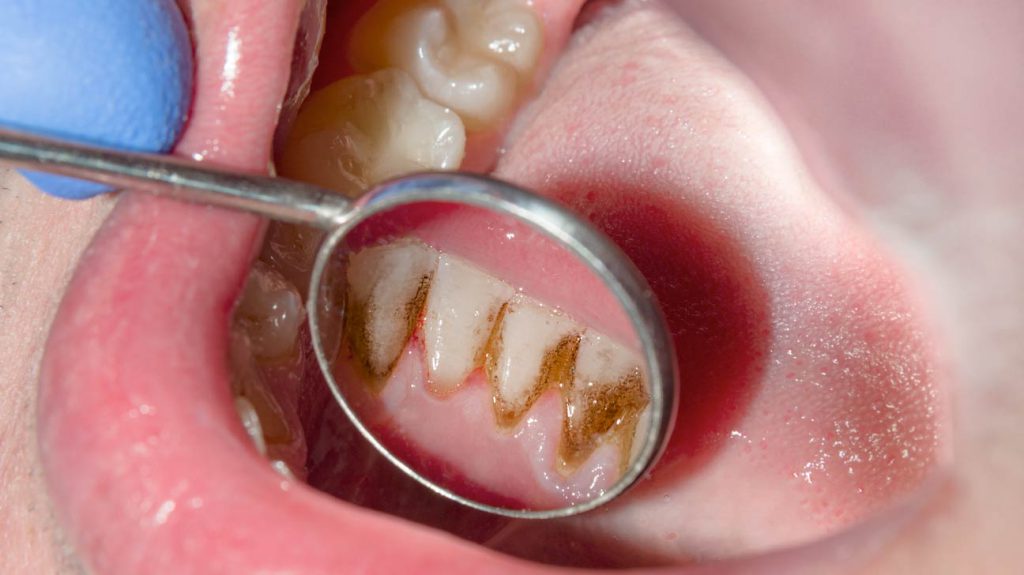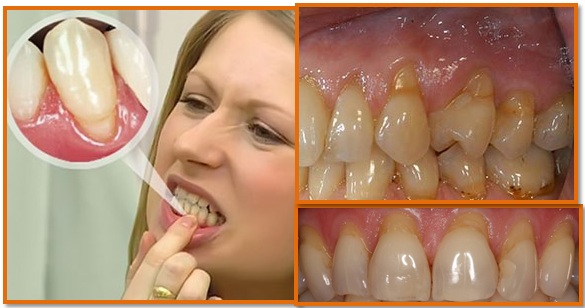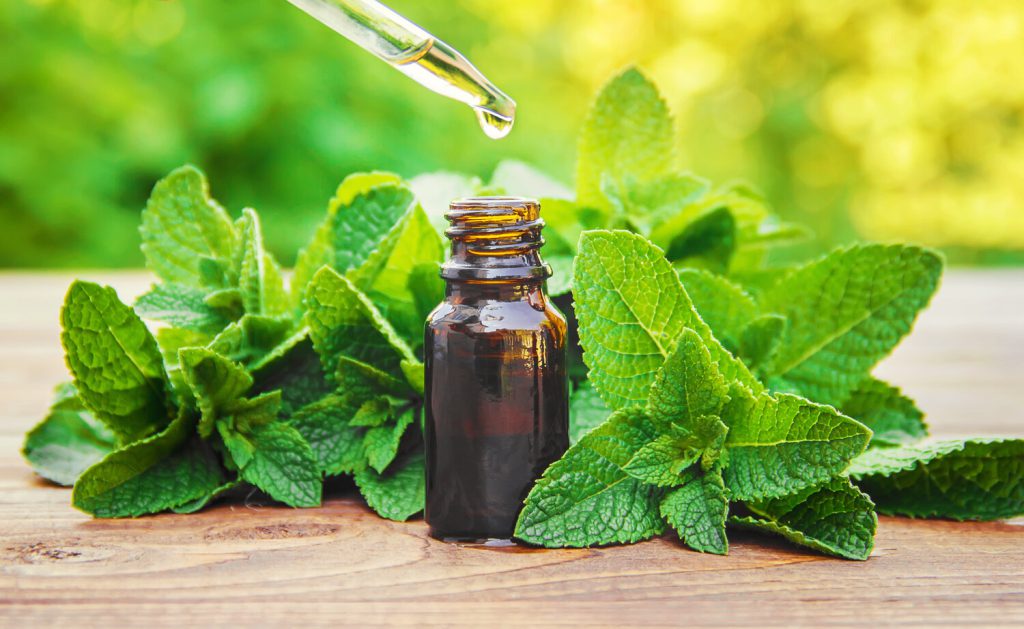Many people have been wondering: Can Do Gums Regrow after they’ve receded? Fortunately, it’s easier than you might think! This article will explore some of the causes and treatment options, including natural remedies for receding gums and the use of Tea Tree Oil. Before we start, let’s review the definition of gum disease. We’ll also discuss how to naturally regrow gums. After all, a healthy lifestyle and diet are essential, but can’t do much if your gums aren’t in shape!
What is gum disease?
If left untreated, gum disease can lead to tooth loss, gum recession, and even heart disease. While gum disease is largely preventable with proper oral hygiene, people who have certain risk factors should be especially careful. If you suspect you may be suffering from gum disease, visit a dentist or oral care specialist. In most cases, gum disease can be treated easily with good home oral hygiene. The early signs of gingivitis include redness and swelling of the gums. These symptoms may become more serious and require the assistance of a professional.
Some warning signs of gum disease include bleeding gums and changes in the appearance of your smile. Healthy gums are light pink and firm. As the infection progresses, the gums will become darker and recede, making your teeth look longer. You should see a dentist as soon as you notice any of these changes. If you notice your gums bleeding, they are probably suffering from gum disease. Even if you don’t feel any pain, you should visit a dentist to have them cleaned.

Can Gums Grow Back After Receding?
Receding gums may cause your teeth to appear longer than they actually are. This condition is caused by several factors, including genetics, poor oral hygiene, and too much pressure when brushing. In some cases, receding gums may even cause you to lose teeth or surrounding bone. If this is the case, you need to know how to stop the receding and get back your beautiful smile. While it’s not possible to stop the recession completely, there are several treatments you can try to keep your gums looking as healthy as possible.
Brushing your teeth vigorously and with hard-bristled brushes can cause gum recession. Your dentist will likely recommend a change in brushing habits. Although this won’t correct an existing recession, it may slow its progression and reduce your risk of developing another one. You should also switch to a soft-bristled toothbrush for brushing to protect your gums and enamel surfaces. If you are still experiencing symptoms, you may need to see a dentist immediately.
Ways To regrow gums Naturally
Some of the best remedies for receding gums include using coconut oil. It’s a great way to fight bacteria and improve gum health. Coconut oil can be applied to the gums after brushing them. Use a little at first, then increase it to fifteen minutes if you feel the need. It’s also good for fighting bacterial infections and can prevent further damage to the gums. Alternatively, you can try using vitamin C supplements or coconut oil.
Turmeric is a popular herb used in curries and has more than 300 species. Turmeric contains antioxidant and antimicrobial properties and can be applied to the gums by brushing or gargling. If you’re using turmeric as a natural remedy, make sure it’s 100 percent pure. Another effective way to apply turmeric to the gums is to swish some turmeric toothpaste on them and massage them around.

Tea Tree Oil
For receding gums, you may want to consider natural remedies. People have been using essential oils to improve gum health for centuries. They can work in combination with professional dental care to prevent gums from receding and improve overall oral health. Some essential oils are also effective at preventing gum infections because they contain antiseptic properties that fight bacteria in the mouth. Here are a few essential oils to try. Yarrow Essential Oil: This essential oil fights bacteria and promotes tissue growth.
Tea tree essential oil is used for medicinal purposes throughout history. This oil contains terpinen-4-ol, an antimicrobial that’s especially effective against fungal infections. It can also promote wound healing and reduce bacteria. That makes tea tree oil an essential oil for periodontal disease. In addition to its antibacterial properties, tea tree oil is also an effective natural oral care product. It’s not recommended for consumption, but it’s safe for topical application.
Omega-3 Fatty Acids
There’s no question that good oral hygiene is important for dental health, but did you know that Omega-3 Fatty Acids help gums grow? These essential fatty acids are essential for building and maintaining healthy bones and tissues, and they’ve also been linked to overall dental health. In fact, a study published in the journal Oral Health found that consuming high amounts of DHA fatty acids can significantly reduce the risk of periodontitis by 20 percent!
Although the exact mechanism is not yet known, omega-3 fatty acids do have antibacterial and anti-inflammatory properties. A combination of EPA and DHA (eicosapentaenoic acid) in the mouth can inhibit the growth of oral pathogens, including Porphyromonas ginigivalis. While no definitive studies have been conducted on the effectiveness of these compounds, these studies are the first to show a direct connection between omega-3 fatty acids and periodontal disease.

Hydrogen Peroxide
You might be wondering how hydrogen peroxide can help you regrow your gums. It is an ingredient in many dental products and is used to whiten teeth. When used as a mouthwash, hydrogen peroxide kills the anaerobic bacteria that cause gum disease. A 3% solution can be used as a daily oral rinse to restore healthy gums. Hydrogen peroxide can be purchased in various concentrations, and you can mix it with 50% water for an effective solution.
Some people also use diluted hydrogen peroxide to clean their teeth. The solution can also be used in water flossers to send water around teeth and under gums. The solution is also effective for treating gum inflammation. Moreover, diluted hydrogen peroxide can help with healing after gum surgery. Aloe vera gel can help relieve the discomfort and soreness associated with gum surgery. Hydrogen peroxide is safe to use and is a proven method of gum regrow.
Peppermint Essential Oil
If you have gum recession, you might be wondering if peppermint essential oil can help. Peppermint essential oil has a number of benefits, including its antibacterial, antimicrobial, and antifungal properties. In addition to treating gum disease, it is also effective against oral candida, which can cause bad breath. This oil is obtained from the leaves of the Gaultheria procumbens plant. This oil contains an active ingredient that is related to aspirin.
Although these gum tissues are hesitant to regenerate, they can regenerate with the right amount of Vitamin C. Vitamin C helps heal wounds and gum diseases. Those who consume sufficient amounts of Vitamin C in their diets rarely suffer from gum disease. Peppermint essential oil has many beneficial effects on the body, but it’s not a magical remedy. You have to remember that it won’t work for everyone.
Although you should consult a physician first if you notice your gums are receding. In some cases, this can be an indicator of another disease or deficiency in your body. Essential oils can be an effective tool in supporting gum health, but only when used in conjunction with professional dental care. Essential oils are highly effective at fighting bacteria in the mouth that cause plaque, tooth decay, and bad breath.

For More Info Visit
Conclusion
This is a question that plagues millions of people. It is difficult to understand why gum tissues are hesitant to regenerate. However, proper Vitamin C intake is essential for gum regeneration. Vitamin C helps heal wounds and gum disease, which is why those who eat enough Vitamin C rarely develop gum diseases. There are a number of factors that need to be addressed in order for a person to successfully regrow gums.

